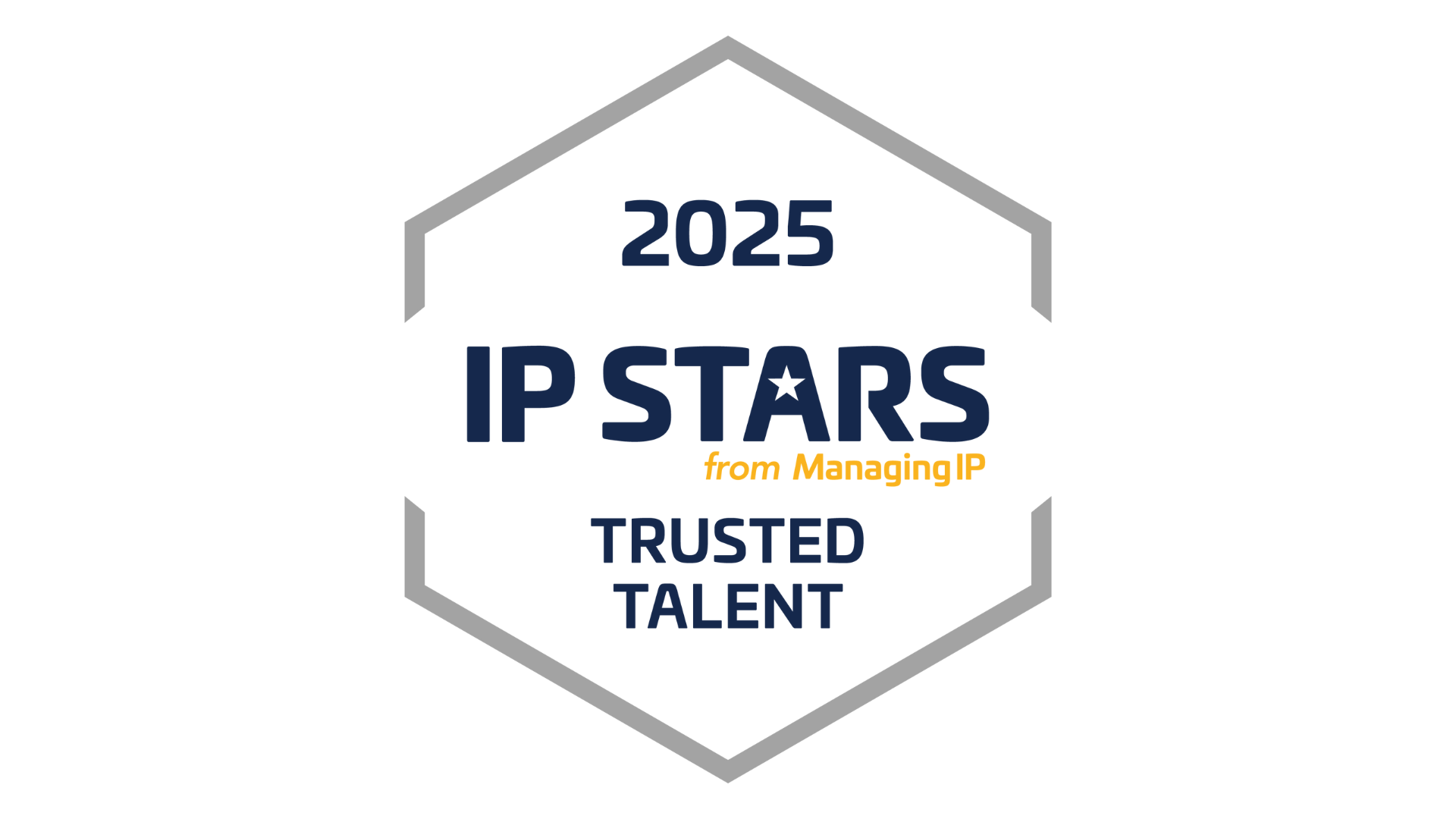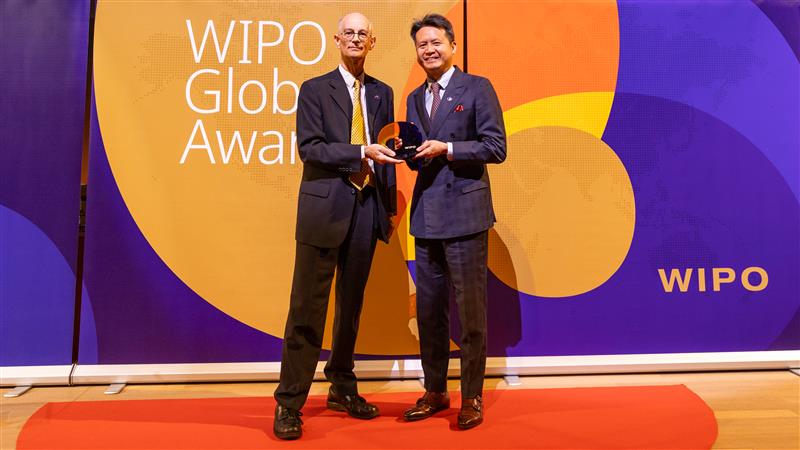Retail Scanner
Artificial intelligence is changing retail, will it change trade mark law?
August 2019
A look at things to come as technology evolves. Most retailers accept that the future of retail lies to a degree in artificial intelligence (AI), whether that be improved efficiencies in supply chain, better prediction of consumer trends, or improved consumer interaction. AI is already making an impact, with the increased use of chatbots, predictive purchasing applications, and the introduction of robotic shopping assistants.
However, the future of retail could be turned on its head, with a move from the traditional ‘shopping then shipping’ model to that of a ‘shipping then shopping’ model with consumers increasingly accepting the ability of AI applications to predict their shopping needs and placing orders on their behalf. Does this change in the information available to consumers in their purchasing decisions, and indeed the reduction of the ‘human component’ in the purchasing of product, mean that trade mark law will have to change?
In a recent article, HGF considered some of the latest developments in AI, their application to retailing, and how potentially these applications could change trade mark law.
Following the impact of this article, HGF’s Lee Curtis was invited to join a trade mark panel at a conference held by The United States Patent and Trademark Office (‘USPTO’) on 31st January 2019 entitled “Artificial Intelligence: Intellectual Property Policy Considerations”. The panel was also made up of in-house counsel from several big names in the world of retail and AI, including Amazon.com, Inc., Microsoft Corp and Satalia.
The trade mark panel discussion raised more questions than it answered. Some of the main questions that were considered by the panel were:
- How will AI impact on the way products are purchased, which after all is the basis of trade mark law?
- Are some of the buzzwords of trade mark law now simply redundant, for example concepts such as ‘average consumer’, ‘likelihood of confusion’, ‘imperfect recollection’ and the slurring of trade marks.
- Can AI be confused? Who is liable when an AI assistant purchases an infringing product?
- Can AI help in the fight against infringers and counterfeiters?
A video recording of the trade mark panel can be watched here.
From a retail perspective, as more applications of AI are introduced to the consumer shopping experience, the most important considerations that need to be taken into account are:
- Liability of the provider of the AI assistant. For retailers this is a crucial issue as they are likely to be the provider. EU trade mark case law has provided some guidance with regards liability in relation to online marketplaces, the case of the L’Oreal vs. eBay decision, and keyword advertising, in the case of the Google France vs Louis Vuitton Malletier SA. Both these decisions suggest that an AI assistant provider would not be liable if sufficient take down procedures were introduced to remove infringing product from an AI ‘space’;
- AI should also be used to the maximum not only as part of the assistant but also in anti-counterfeiting measures to reduce any liability to the retailer and AI assistant provider;
- Retailers will have to clear with consumers over what products are being considered for purchase by any AI assistant to build ‘brand trust’ in the AI assistant.
































